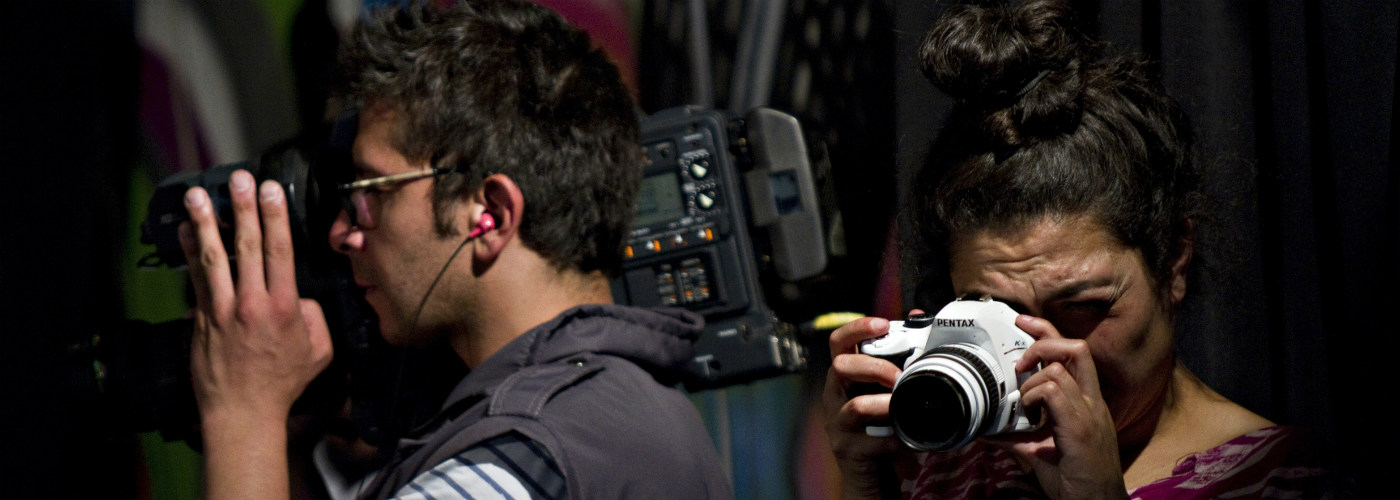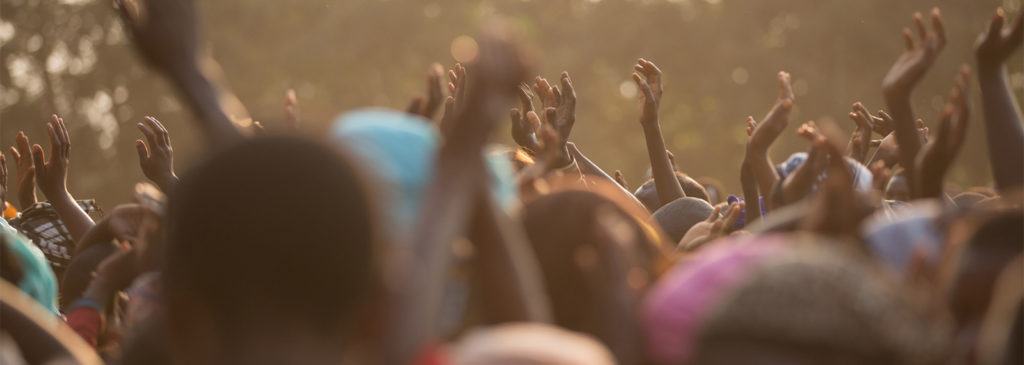Last month, the International Consortium of Investigative Journalism (ICIJ) published an in-depth investigation into corruption and abuse of power in Angola: the Luanda Leaks. News agencies around the world started breaking stories about the wealth of Isabel dos Santos, Africa’s richest woman, and the corrupt deals behind her wealth.
Investigative journalists from the Dutch newspaper Trouw confirmed Dutch involvement in the Luanda Leaks. The investments of a Dutch dredging company, bank and state credit insurer allegedly contributed to the eviction at gunpoint of 3,000 Angolan families from their homes. Why? To realize a Dos Santos-backed urban development project.
Now anyone who has followed Dutch foreign policy for a while has seen inconsistencies here and there. Dutch people are used to paradoxical policies, and who hasn’t grown up with a pinch of convenient hypocrisy? But this latest scandal involving the Dutch state really makes you cynical.
The pattern must be all too familiar for the Dutch minister of Foreign Affairs. The same journalists reported on how Dutch companies cared nothing about people and the environment in Brazil when constructing a road through the Amazon to transport soy. In Honduras, Berta Caceres was murdered after she opposed the construction of a dam, partly financed with Dutch money. And who plays a part in the opening scene of Moneyland, the illuminating book about international corruption by Oliver Bulloughs? The Netherlands and Dutch bank ING. You say tax havens, you hear the Netherlands.
Policy change
Confronted with the fate of these Angolan families, the Dutch ambassador in Angola was “very moved”. These emotions are surely sincere, but the only credible political answer is: policy change. The 2020 budget of the Ministry of Foreign Trade and Development Cooperation mentions “renewed and varied set-up of incoming and outgoing trade missions”, “broad flagship trade missions” to “top-9 strategic markets”. The “top 25 markets” may welcome “figureheads and trade envoys”. And all of this aimed at “international earning opportunities of innovations.” The ministry’s financial and diplomatic support for Dutch businesses is truly heartwarming.
When a government shares information transparently and openly, it gains a level of trust necessary to operate.
At the same time, the Ministry of Foreign Affairs funds international colleagues of Trouw, such as the Philippine Center for Investigative Journalism (PCIJ), which belongs to the ICIJ, through Hivos’ Open Up Contracting program. The Ministry encourages journalists to write about money laundering, corruption, conflicts of interest and abuse of power. And they do, risking their own lives in the process. Here too, the Ministry shows support as a matter of diplomacy and principle, which is of great importance.
When a government shares information transparently and openly, it gains a level of trust necessary to operate. Investigative journalists play an indispensable role in this process, which is why Hivos supports journalists worldwide. They bring cases of corruption such as the Luanda Leaks to light.
Trade diplomacy and human rights
This is the hypocrisy that has arisen in Dutch politics: the balance between trade diplomacy and human rights policy is off. You would expect the Ministry to set a good example in implementing its policy and minimize the risk of corruption, human rights violations and conflicts of interest. Via social media, the Ministry encourages entrepreneurs and companies to contribute to a new policy on corporate social responsibility. This is in stark contrast to the deafening silence that followed questions from the newspaper Trouw about Dutch involvement in the Luanda Leaks.
In the meantime, Dutch minister for Foreign Trade and Development Cooperation, Sigrid Kaag, has announced she would speak to the companies involved. But for a thorough policy reform, we shouldn’t have to wait for the outcome of this conversation. The way forward is already clear. Be transparent about contracts and tenders, stop tax evasion, work on beneficial ownership registry, ask companies for profits and losses per country, do proper due diligence research before investing somewhere, and compensate for any suffering you might cause nonetheless. Only then, will you see the credible corporate social responsibility policy the Ministry claims to want.
Later this year, the Netherlands, will host the World Press Freedom Conference in The Hague through the Foreign Ministry. The event will bring together journalists from all over the world to discuss fundamental principles of press freedom. When those journalists confront governments with the bitter consequences of their own policies, governments should change the policies – not fall silent when questions are asked.


